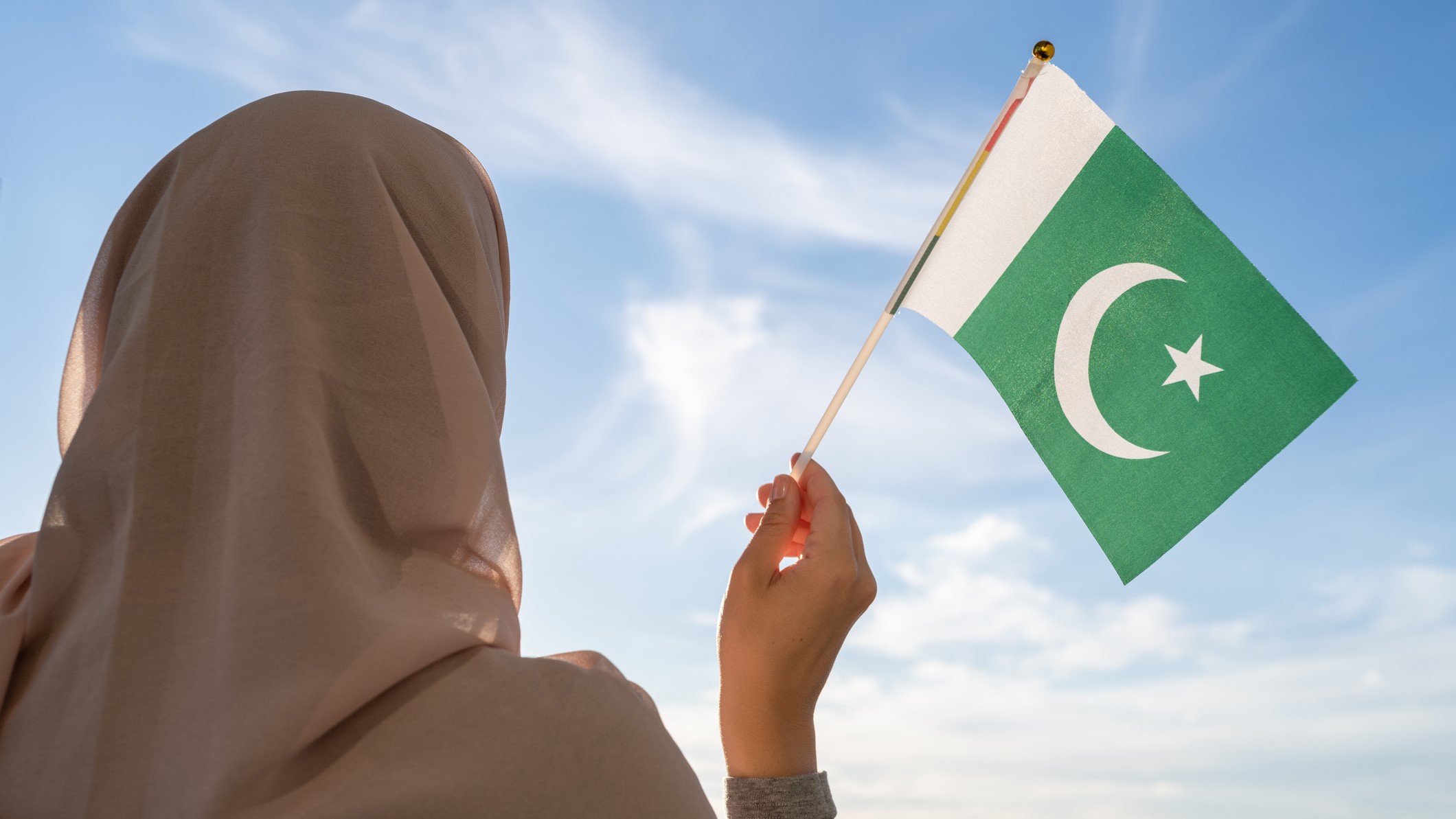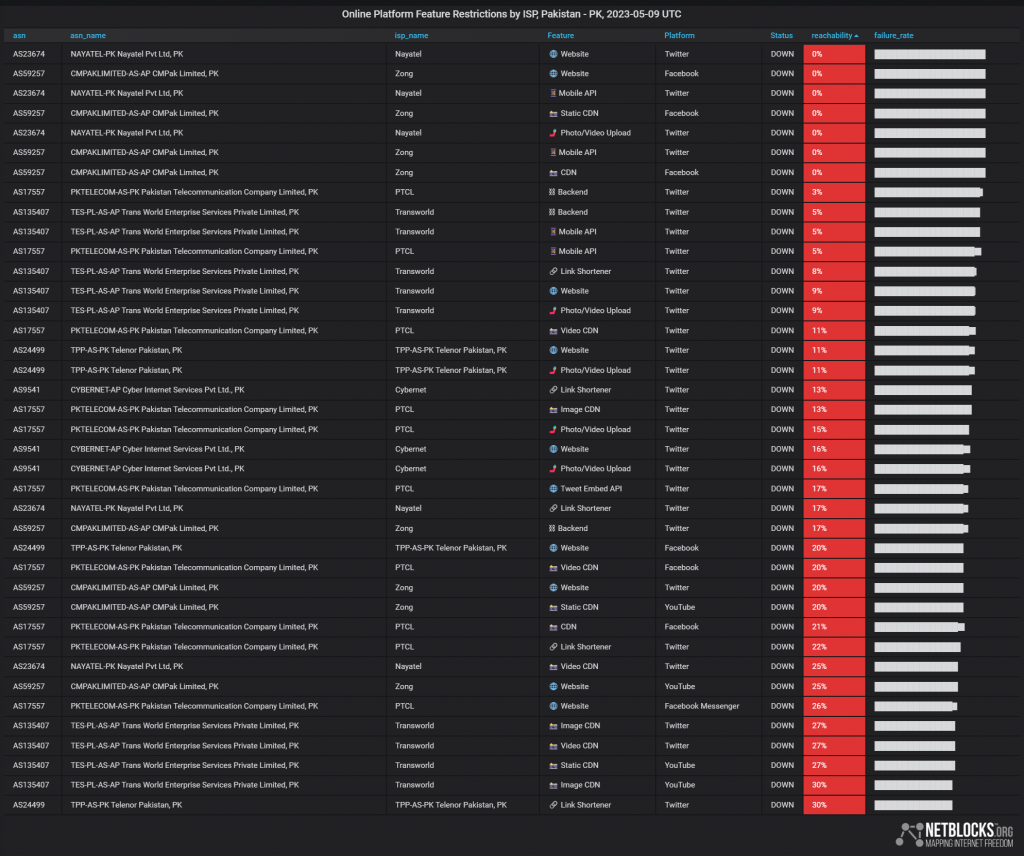
Free VPN users in Pakistan can now enjoy three times more data allowance in an endeavour to combat internet censorship.
Windscribe released a relief code on May 12 to support citizens who cannot afford to subscribe to a premium VPN service to maintain access to blocked social media platforms. The move comes as people in Pakistan have been grappling against government shutdowns since May 9—a means to halt a wave of protests flared up across the country amid the arrest of Pakistan's former Prime Minister, Imran Khan.
Social media services and mobile internet connections appear to have been restored as of May 15. However, with the political turmoil still high, further disruptions aren't off the table just yet.
Pakistan's worst internet blackout
"The idea has always been the same, very much in the spirit of Windscribe and why we have a free plan in the first place: those who need VPNs for mission critical use cases, usually can't afford them. Windscribe helps such people gain access to content and services blocked by authoritarian dictatorships, for free," the company's founder Yegor Sak told TechRadar.
"We do hope some sign up and pay us something, as that's the only way we can stay in business and offer free service."
Many people in Pakistan have been in dire need of a virtual private network over the last week. Born as a way to boost users' privacy online, VPN usage soared across the world due to the software's ability to spoof people's real IP addresses and grant them access to otherwise blocked services.
The most severe censorship that we've tracked for Pakistan in recent times.
Alp Toker, Netblocks
Connectivity issues started off on May 9, as angry citizens were taking to the streets to protest against the arrest of their leader.
As data from internet watchdog Netblocks and Cloudflare show, Pakistan Telecommunication Authority (PTA) was ordered to throttle mobile internet connections as well as all the major social media platforms, including Twitter, Facebook, Instagram, and YouTube.
Not only these types of blackouts—a growing tactic in authoritarian governments' playbooks—curbing the human rights of freedom of speech and accessing information from citizens, they also negatively affect a country's economy.
In Pakistan's already backsliding economy, millions of people relying on the internet to work like delivery drivers, eCommerce businesses, and freelancers have been heavily affected.
Authorities seem to have now reinstated internet connections and blocked platforms, putting an end to what Netblock's founder Alp Toker described as "the most severe censorship that we've tracked for Pakistan in recent times," the BBC reported.

As Pakistanis were downloading secure VPN services to bypass disruptions, Windscribe decided it was time to support citizens unable to pay for a premium service to make sure they were not putting their online security at risk by turning to one of the many dangerous freebie apps out there.
By applying the relief code ZINDABAD to their account page on Windscribe's website, new and old free users can now see their data allowance tripled—passing from 10GB to 30GB of data per month.
"We saw a large increase in people signing up. We cannot exactly determine where the source of these signups is from, as we don't store such data, but we saw more than 100,000 redemptions of this code, so it's safe to assume most of it is from Pakistan," said Sak, urging people based on other countries not to take advantage of the deal.
"Everyone loves free stuff, especially when it's actually needed and there is no good alternative."
This isn't the first time the VPN provider resorted to such means to support people facing similar internet shutoffs.
The company did the same for Ukrainians following Russia's invasion, in Iran to help citizens accessing key social media apps during the violent protests shaking the country, as well as in Turkey as people needed to stay connected following the government's block on Twitter in the wake of a devastating earthquake. More recently, it distributed something similar in relevant communities and Telegram channels across Sudan.
Asked about further plans to support Winscribe users in the near future, Sak said: "Yup, we will keep doing this. Unfortunately, there is no shortage of global calamities these days."








